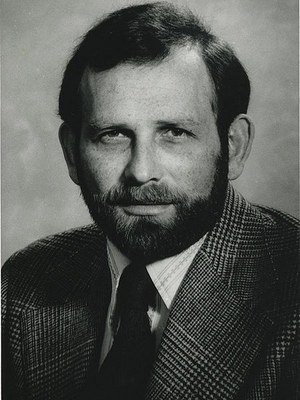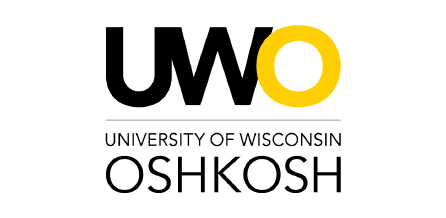1974 - 1978 Robert Birnbaum
Appointed Chancellor of the University of Wisconsin-Oshkosh in 1974, Robert Birnbaum began his term during a difficult time. Emerging from a period of substantial student activism, the University faced a student body that was highly critical of the administration; furthermore, relationships with the faculty were strained and enrollment was declining. At the same time, the University System faced unprecedented budgetary pressure during a major recession.
It was unique set of circumstances and Birnbaum was a unique Chancellor. Unlike his predecessors, Robert Birnbaum was not a teacher; he was a policy man. The native New Yorker came to Oshkosh from the New Jersey Department of Higher Education. He was eager to try his hand an implementing reforms on a campus instead of dreaming them up in an office And so to attract prospective students and support faculty development, Birnbaum hoped to create a “University of Alternatives,” a place of flexibility and unique programs.
Birnbaum’s most important legacies improved conditions for faculty while making the school more flexible for different types of students. First, a new university calendar – a fourteen-week semester followed by a three-week interim was introduced. Designed with options in mind, students could either lighten their course-load during the semester, or increase their credits to earn their degrees faster. The gambit seemed to work. He reversed enrollment trends and increased the head count by over 1000 students.
The calendar also offered faculty members opportunities for research and development activities during extended breaks. Those activities were further supported by Birnbaum’s second major accomplishment: a new Faculty Development funding program. The program had four components: Research, Curriculum Development, In-Service Programs and Academic Institutes. While it was important to support faculty members in their research and individual career goals, it was essential to help them become effective teachers. The program eased campus relations, introduced new teaching methods and aided in the recruitment of talented faculty.
Birnbaum also laid the groundwork for other campus initiatives that continue to this day, such as the evening classes to accommodate non-traditional students, and Project Success, a program that provides support to students with learning disabilities. By his own admission, Birnbaum lacked any interest in improving community relations something the University sorely needed after years of growth and increasing clashes between students and university neighbors, particularly on and around St. Patrick's Day.
Birnbaum resigned in 1978, realizing his strengths were better suited in research and consulting. He accepted a position at the University of Miami. Although he only served four, short years at Oshkosh, his programs made a lasting impact.
Photos

President Robert Birnbaum

